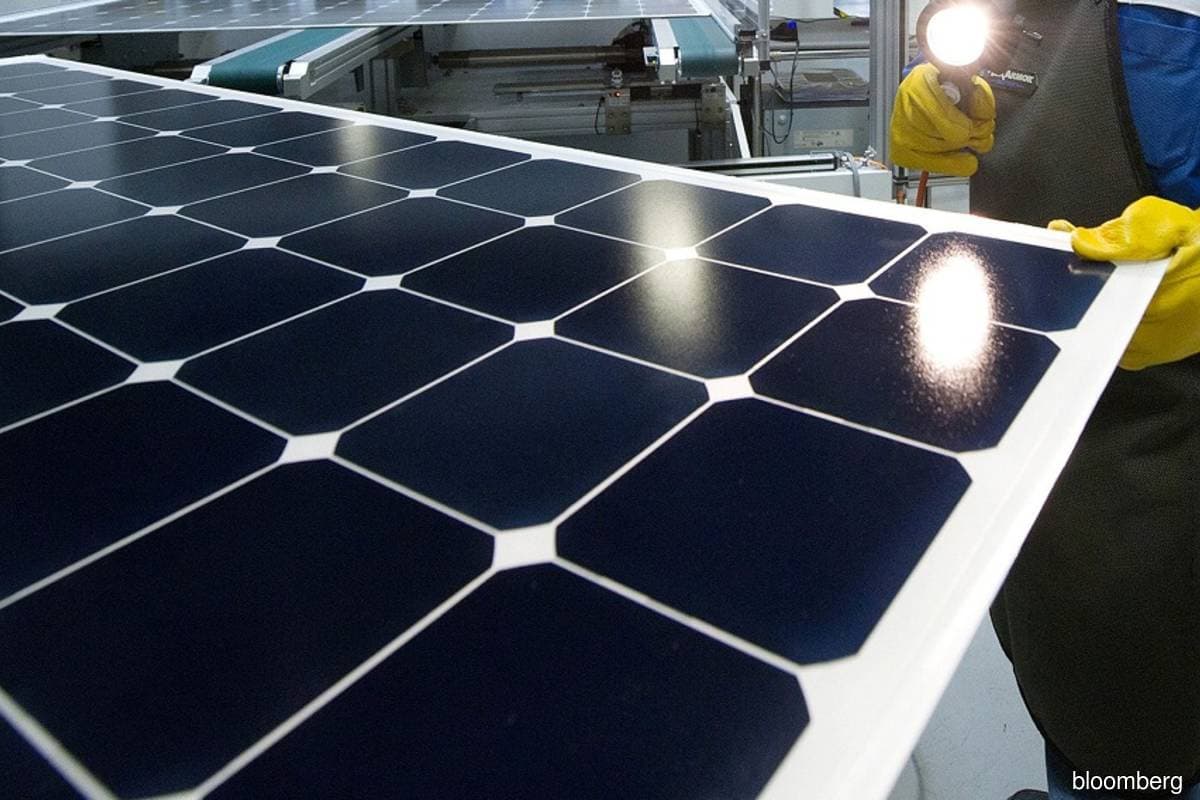
KUALA LUMPUR (Nov 27): The environmental, social and corporate governance (ESG) bond market is to be a major growth area for Malaysia’s capital market in the next two- to three years, according to Hong Leong Investment Bank Bhd head of treasury & markets Chong Poh Choon.
Chong akined the current state of Malaysia’s ESG bond market to the Islamic bond market’s nascent phase two decades ago, which has since developed into a global leader.
“When it (the Islamic bond market) came out, everyone was looking at it. Then naturally, when time went by, it became a mainstream of the market. I think we are experiencing this with ESG bonds now,” he said during a panel discussion at MARC Malaysian Bond & Sukuk Conference 2023: Sustainable Transition to a Greener Economy on Monday.
He continued that the demand for ESG bonds will be driven by the ongoing rise of ESG concerns, as well as certain asset management institutions having strict targets for ESG portfolio sizes or specific ESG asset-oriented funds.
“From the supply side, it will also make sense for issuers to go into the ESG space. If it is an ESG bond, you are definitely garnering more interest from a wider variety of investors,” he said.
“It will definitely be a growth area for the capital market in the next two- to three years to come,” he added.
Further, Chong said that ESG bonds will not only come from new financing for green projects but will also come from existing issuers converting their existing bonds into ESG bonds.
“From the issuer perspective, they are able to refinance using the ESG bond and for the market overall, there will be more selection of ESG bonds.
“If we just depend on new financing, that will be a definite amount; so, if we add on potential refinancing, then we will potentially see a larger issuance and hopefully, that will pan out starting in 2024 or 2025; then all of us will have more selection of bonds to go for, going forward,” he added.
However, Chong identified the lack of a consistent ESG standard classification as a challenge that lies ahead for the development of the domestic ESG bond market.
“To me, that is always one of the largest challenges,” he said.
Moving forward, Malaysia will need RM1.3 trillion in investment by 2050 to reach its net zero aspirations, according to Securities Commission chairman Datuk Seri Dr Awang Adek Hussin.
In view of the hefty financing requirement, Awang Adek said the capital market must continue to facilitate financing and investments in key areas to support the government’s priorities.
“The Malaysian bond and sukuk market, one of the most developed and largest markets in the region, should be well positioned to provide crucial financing toward productive and socially responsible initiatives,” he said during his keynote address at the conference.
“With a total outstanding value of RM2 trillion as of Oct 31, 2023, it represents more than 50% of the Malaysian capital market,” he added.
Malaysia is the largest sukuk market, with 35% of global outstanding sukuk, ahead of Saudi Arabia and Indonesia, according to Awang Adek.
